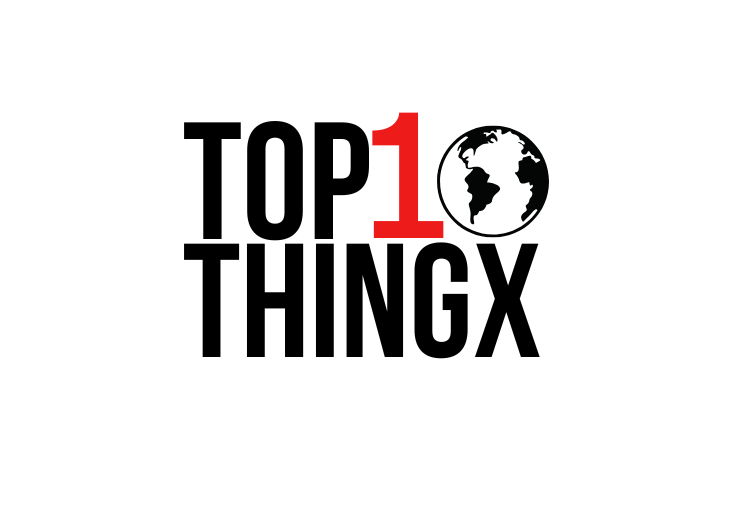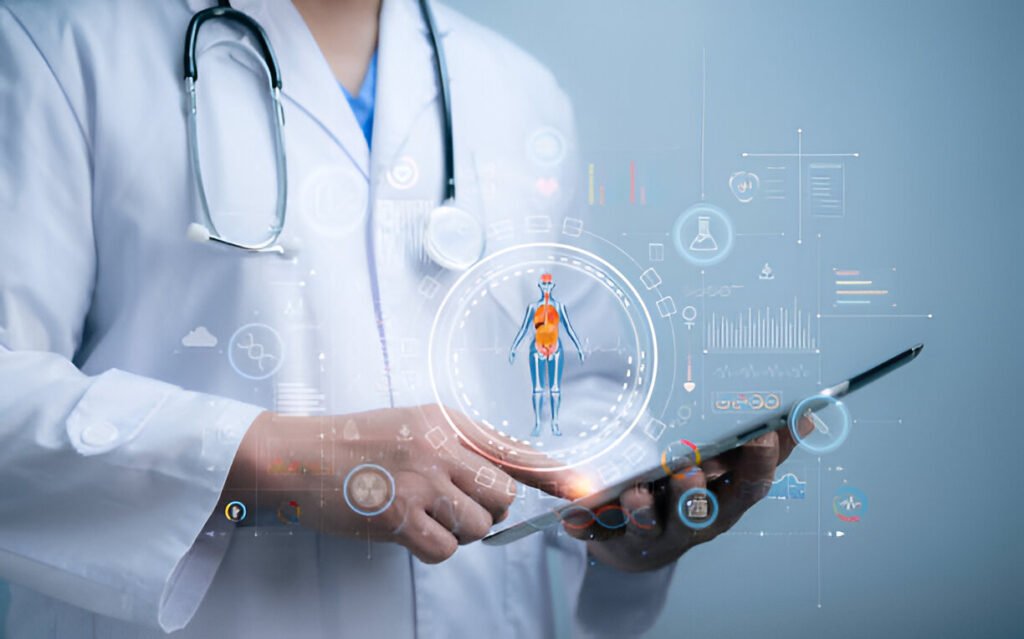Top 10 AI Applications in Healthcare
Artificial intelligence has been one of the most massive differences in various industries; it appears there isn’t an area that hasn’t been left untouched. Wondering what is making healthcare smarter, faster, and more efficient with artificial intelligence? Let’s look at ten of the top AI applications in healthcare that are revolutionizing care and medical research. AI applications in healthcare Imagine the computer in your house predicting a heart attack before it actually strikes, or reminding you to take that medication by your virtual assistant. Well, this is no science fiction; it is happening because of AI in healthcare. Starting from diagnosing diseases to the discovery of new drugs, the face of the medical field is being reshaped by AI to ways we never really thought would be possible. 1. AI in Medical Imaging Where one of the most important tools in diagnosing diseases was medical imaging, it has now increased in power with AI. The AI algorithms can analyze medical images in a much shorter time compared to human radiologists. They can also do it more accurately. Even minute abnormalities, which are otherwise not distinguishable by the naked eye, can be picked up. AI in mammograms could even detect the early stages of cancer. An X-ray could detect the fractures. This will bring about the detection of the disease in the earlier stages and increase the resolution for the patient. 2. Predictive Analytics Imagine a time when doctors would be able to draw out your health problems even before their seriousness arises. Predictive analytics is making that possible. The analytical field views reams of data to allow AI to predict which patients are at risk of developing a certain condition, such as projecting the patients who may have heart disease according to the case history, lifestyle, and genetic information. Such proactive measures would save lives and increase preventive measures that, over time, will cut down on losses in healthcare costs. 3. Virtual Health Assistants Remember the last time you forgot to take your medication? Virtual health assistants are for that purpose. They would remind one of the medication to be taken, setting up appointments, and even sometimes share specialized health advice. Moreover, they shall be able to answer any questions related to your health. You’ll have a personal health coach at your beck and call so to speak, 24/7. 4. Personalized Treatment No two patients are the same, which means that their treatments shouldn’t be either. The AI makes way for the individual development of treatment plans and processes of treatment change according to individual needs and characteristics. What works for one may not work for another. From a patient’s genetic composition, lifestyle, and medical history, an AI system can indicate what treatments will be more effective. This personalized strategy ensures a faster recovery and, in turn, a lesser possibility of side effects. 5. Drug Discovery Development of new drugs is pretty time consuming and quite expensive; however, this is where AI steps in to outpace the process. AI algorithms are at work searching through the reports of large data sets in search of potential candidates that could turn into new drugs and hence predict their efficacy. By fast-tracking the stage of research, new medications get into the market within relatively small periods. AI further goes into the repurposing existing drugs for new uses, thus offering more treatment options to the patient. 6. Administrative Tasks Who loves paperwork? AI is making most of the paperwork and administrative tasks in healthcare automated, thereby allowing the medical professionals to have less time with the patient. From appointments scheduling to patient record management, AI systems are making the process smooth. That will neither reduce the administrative load on health workers nor bring efficiency into the system. 7. Wearable Technology Do you wear a fitness tracker? Then you’re already using AI for health. AI is now being used to analyze the activity levels, heart rate, and many other vitals recorded by most wearables on the market, providing some meaningful insights into the customer’s health and well-being at that point in time. It would alert you when your heart rate is irregular or even when you are not sleeping enough. All this real-time monitoring aids in better health management. 8. Mental Health AI also does a great job of improving mental health. AI applications and platforms can deliver therapy and mental health support. It can analyze its user’s speech and behavior to find out his mental illness, may it be depression or anxiety, from that stage. This will help give a timely intervention with support on an early stage. 9. Remote Monitoring Imagine sitting right in your living room, keeping tabs on your health. AI-powered remote monitoring equipment could be used for monitoring devices that turn vital signs into data to be forwarded to healthcare providers in real-time, thus empowering one to wbcomdesigns have one’s status monitored uninterruptedly for the purpose of the early detection of potential health problems. 10. Robotic surgery Would have sounded like science fiction, but it is the very reality: AI applications powered surgical robots that could help surgeons execute a much more prescriptive and controlled operation in such a way that allows for very complex procedures with minimum invasiveness, therefore shorter patient recovery time and improved patient outcomes.

